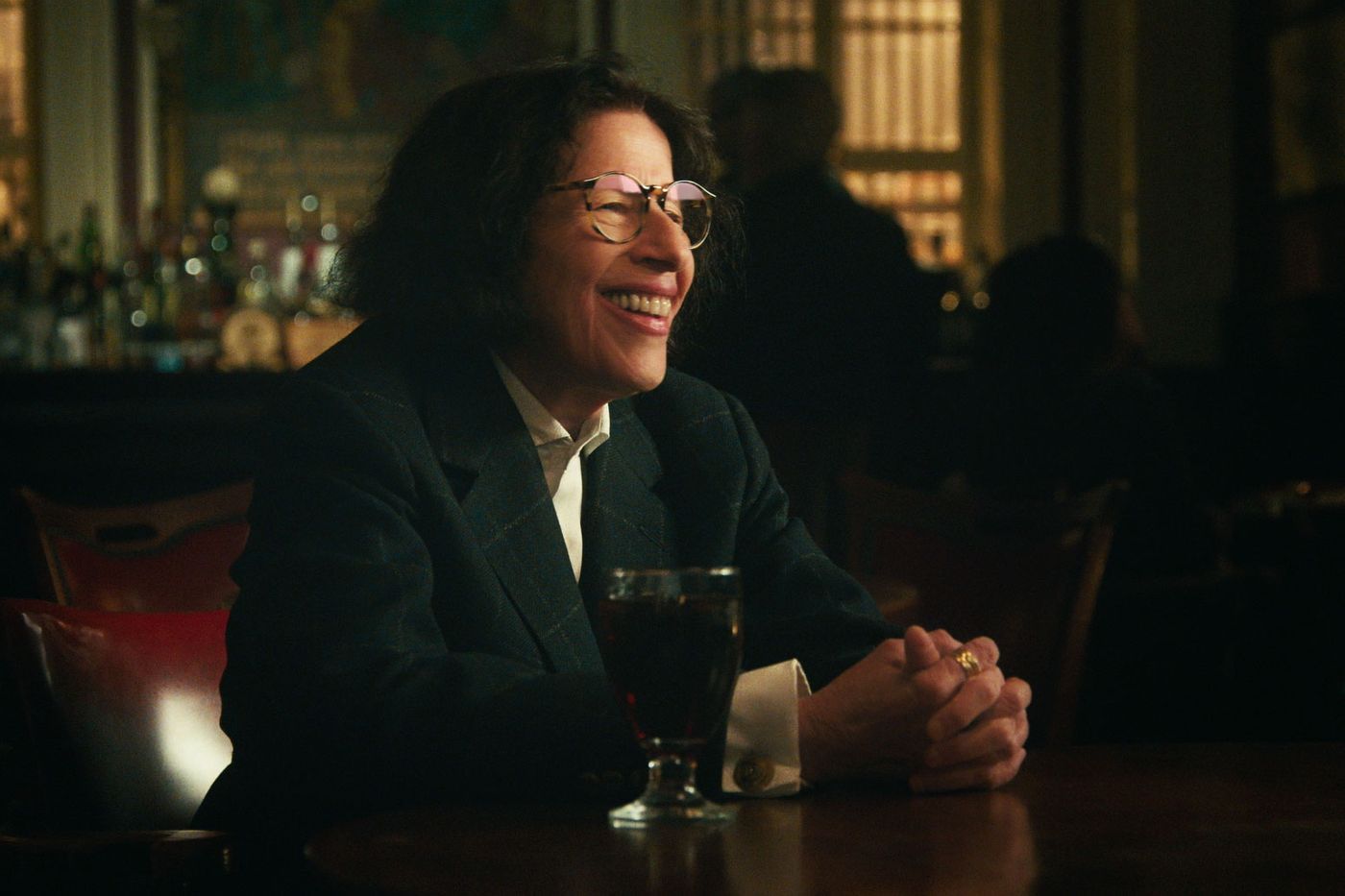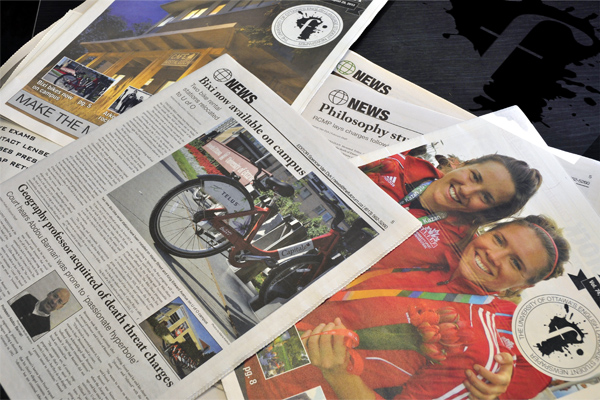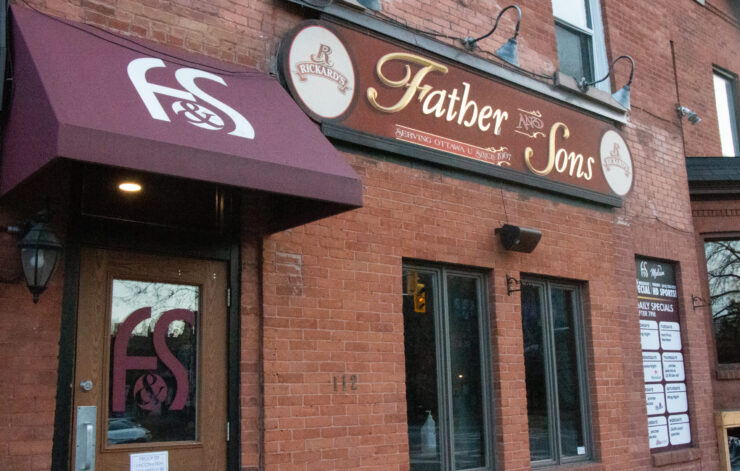Pretending it’s not COVID-19 with Fran Lebowitz and Martin Scorsese
Martin Scorsese’s collaboration with Fran Lebowitz on their new Netflix special Pretend It’s a City offers a unique look at the world through the eyes of a now-ancient relic; it’s a special filled with opinions to pass on before NYC goes extinct. Following the pair through a series of interviews done weekly pre-COVID-19, the seven-episode series brings together footage covering sports, culture, money and life in New York City.
The duo discuss each week’s topic with a careful eye for what’s what. Lebowitz doesn’t miss a thing, so her opinions tend to carry a time-contested authority. While she may not be right about everything, her confidence and bravado in the face of continual questioning and uncertainty is refreshing and rejuvenating amidst a world concerned with paradoxical things like wellness, productivity, money, the Internet, fame and New York City.
Part of the show’s magic is Scorsese’s masterful use of synecdoche. Every episode, while focused on a single topic, it evidently bleeds out from the city into the larger world. New York City is a cultural powerhouse unlike any other. It’s the hub of fashion, music, literature, art, fame, and success.
Or at least it used to be.
Lebowitz provides a lens of blunt, refracted truth. Nothing she says is new, per se — it’s new today because it’s old. Lebowitz and Scorsese are the epitome of New York City-authority today, having created their careers inside and based on the city. Their clever use of this authority results in an opinion-based documentary unlike anything else on TV.
What makes listening to this experienced writer’s opinions so intriguing, are her incessant appeals to futility; she knows complaining is pointless but does it anyway. She constantly reminds us that the largest issues occupying us today fail to affect her because she will, hopefully, be dead by the time anything meaningful happens. In fact, Scorsese, interviewing with Lebowitz via Zoom for Rolling Stone in January, remarked, we as viewers had to “emphasize the absurdity — that feeling of things being so bad that all you can do is laugh.” Thus, her loud, bitter, prophetic rants appear absolutely useless, yet the only thing worth doing. She explains it better: “The anger is … I have no power, but I am filled with … opinions.”
The show isn’t just Lebowitz’s rant of the 21st Century, though. As Scorsese says in the Rolling Stone interview, “Fran is, to me, asking very serious questions even when she’s being humorous about things.” Indeed, much of the show tackles serious problems in a completely unserious way.
Why is boxing legal but cockfighting isn’t?
Who controls what is known or not?
Why do we go into irrecoverable debt for an apartment in a big city?
What counts as art? Can you eat it?
Between her moments of profound simplicity, however, you’ll see Lebowitz walking dejectedly through the crowded streets of pre-pandemic New York City, occasionally stopping to yell at bikers, cabs, or fellow pedestrians.
So kick back, relax, and reminisce with Lebowitz about a world we all wish would change.





